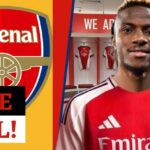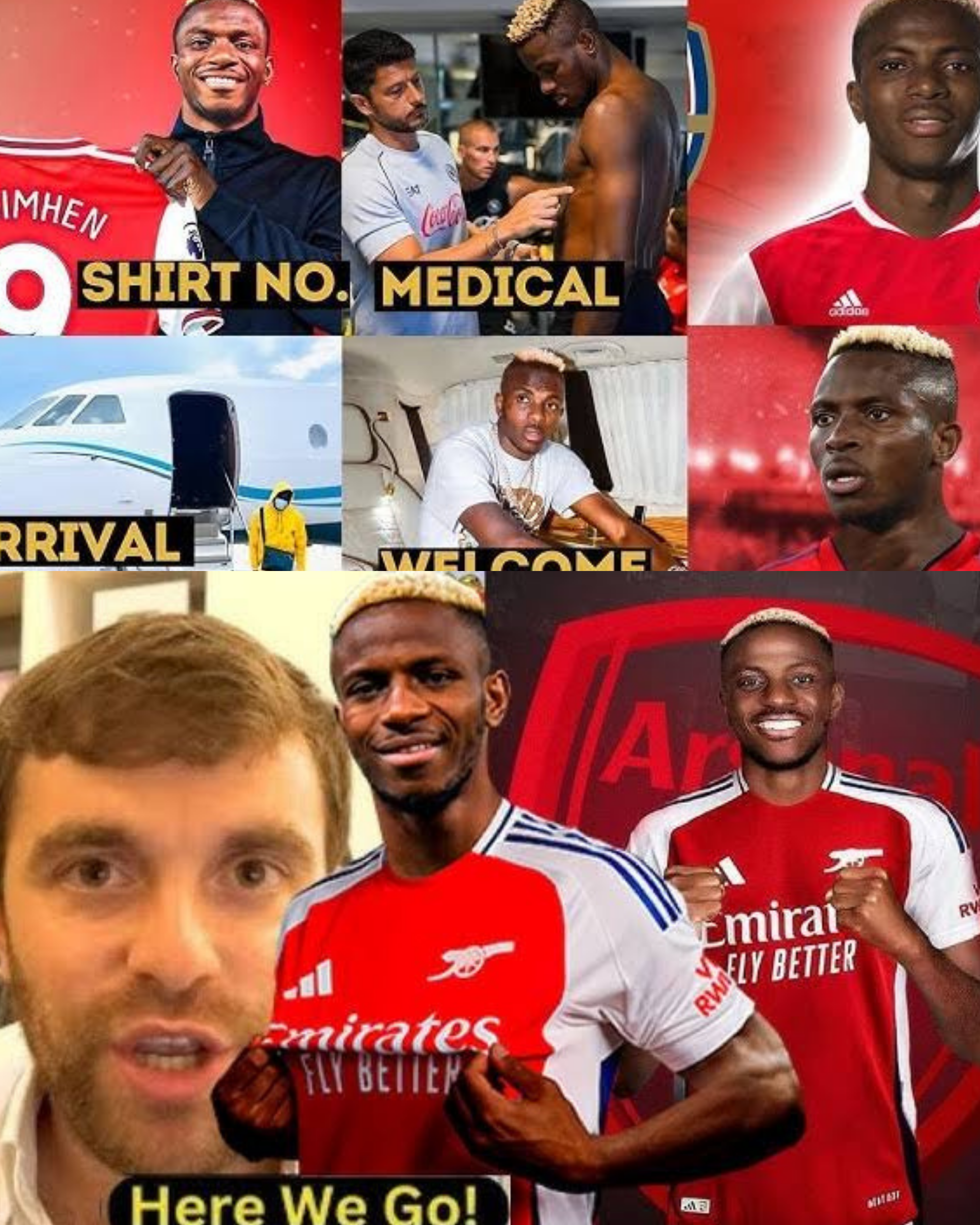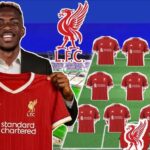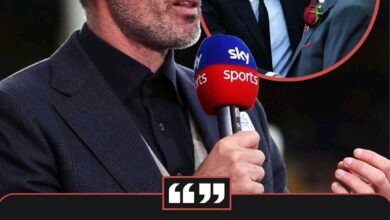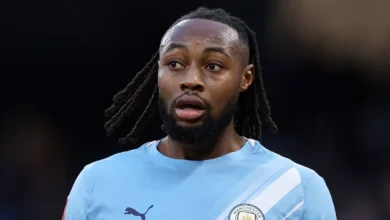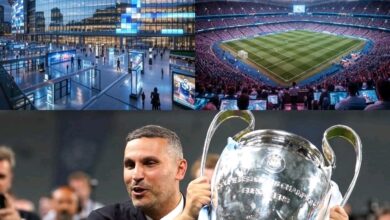Liverpool player ratings vs Galatasaray as Szoboszlai one of two 4/10s
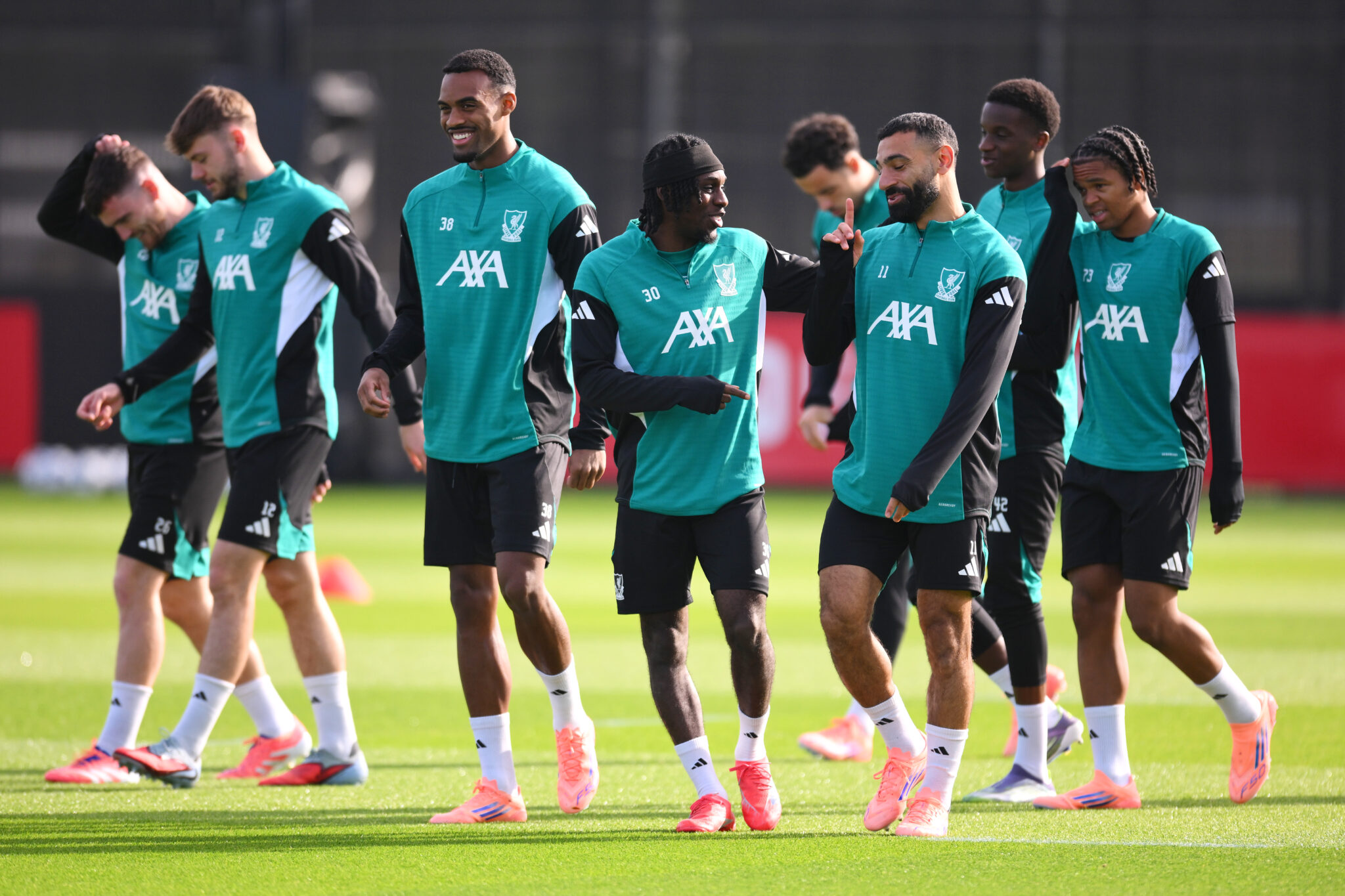
Liverpool’s Champions League trip to Istanbul was meant to be the night where Arne Slot’s men stood up and showed Europe that the weekend defeat to Crystal Palace was just a stumble. Instead, it became another painful reminder that even champions can look lost, fragile, and broken when pressure builds and confidence slips away. In the heat and noise of RAMS Park, Liverpool were undone by Galatasaray’s belief, by Victor Osimhen’s calm penalty, and by their own mistakes that made every minute feel heavier than the one before. For the second time in four days, Liverpool players walked off the pitch with their heads down, wondering how a team that was meant to dominate was suddenly fighting shadows and losing battles everywhere.
It was never going to be an easy night. Istanbul carries memories for Liverpool, some glorious and some dark, but history doesn’t step on the pitch to defend, to pass, or to finish chances. Slot had warned before the game that Galatasaray would make life uncomfortable, that the crowd would roar and that small mistakes could turn into big punishments. He wasn’t wrong. The atmosphere was like fire from the first whistle, the Turkish champions pressing with energy, the stands shaking with every tackle, every Liverpool pass being met with whistles and jeers. Liverpool needed calm heads, but what they showed was nerves, and by half time they were already chasing the game.
Victor Osimhen stood at the penalty spot in the first half, the whole stadium holding its breath. It had come from chaos, from Dominik Szoboszlai’s flailing arm catching the ball inside the box, a moment that summed up Liverpool’s shaky start. Osimhen didn’t blink. He sent the ball into the net with power, leaving Alisson Becker rooted. One-nil to Galatasaray, and for Liverpool the nightmare began to grow.
Alisson, as so often, was the man keeping Liverpool alive. He had already made a brilliant one-on-one stop against Baris Alper Yilmaz, throwing himself in front of danger. But even heroes have limits, and when another clash with Osimhen came, this time the keeper went down injured. His face told the story: frustration, anger, and pain. Another injury, another problem for a player whose body seems to betray him too often. He tried to continue but eventually had to leave the pitch in the second half, replaced by Giorgi Mamardashvili. Slot’s plans, already under fire, were now being ripped apart by relity.
It wasn’t just Alisson. Hugo Ekitike, who had shown flashes of energy, pulling wide, trying runs, creating a moment where he should have scored but hesitated, also went down clutching his muscle. The sight of him limping off after stretching for a poor Szoboszlai pass only deepened the gloom. Liverpool, already without rhythm, were now without two players who had started the night with hope.
And yet the real story of the night was not just about injuries. It was about performances that never reached the level required for the Champions League. Szoboszlai himself, shifted to right-back again, looked uncomfortable. He lost Yilmaz for an early chance, he wasted set pieces, and then his clumsy defending gifted Galatasaray the penalty. Later, when moved back into midfield, he was the one who played the ball that forced Ekitike to stretch and collapse. Everything he touched seemed to go wrong. His rating of 4/10 felt almost generous for a player who was supposed to be one of Liverpool’s leaders.
Ibrahima Konaté was another who struggled badly. Against Palace he had looked vulnerable, and in Istanbul he repeated the mistakes. There was one pass in the second half that summed up his night: slow, careless, and straight into danger. Osimhen pounced, Alisson tried to save, and ended up injured. These moments are what break teams in Europe, because the Champions League doesn’t forgive sloppiness. Konaté’s aerial threat at corners was also wasted, his headers weak, his presence more a shadow than a weapon.
Virgil van Dijk tried to stand tall, tried to carry the defence like he has so many times in the past. His passing from deep was crisp, his positioning strong, and he even looked in control when battling Osimhen. But even captains can’t fight alone, and while Van Dijk earned praise, he must have looked around and wondered why his teammates weren’t matching his level. A defender can hold the line, but he cannot control the midfield’s chaos or make the forwards ruthless.
In midfield, Ryan Gravenberch looked nothing like the confident figure Liverpool fans had grown used to in recent weeks. He lost possession too often, fouled carelessly, and walked into a booking before being substituted on the hour. Curtis Jones was no better. His night was one of sloppy passes and wasted energy, though one recovery tackle on Osimhen did save Liverpool from greater embarrassment. Still, he never brought the control Liverpool desperately needed
Jeremie Frimpong, playing on the right wing, was full of running and touches, but his decision-making slowed Liverpool’s tempo. Too many touches before releasing the ball meant Galatasaray regrouped easily. On the other side, Florian Wirtz carried the burden of creativity but cracked under it. His misplaced pass led directly to the penalty, and though he had small flashes – a shot, a cross, a neat pass – he never took command. For a player Liverpool invested so heavily in, his body language told a different story: doubt, hesitation, and a lack of confidence.
Up front, Cody Gakpo had one good moment, a clever pass to release Ekitike, but beyond that he was quiet. Too quiet for a player meant to trouble defences with his movement. When chances came, they fizzled. When pressure needed to be applied, he faded. Liverpool’s attack felt toothless, and in a stadium where goals silence the noise, they had none.
Ekitike himself was a mixture of promise and frustration. His run into the box for a one-on-one should have ended with the ball in the net, but instead he tried to dribble past the keeper and lost the chance. He attempted a backheel later, which was smart but saved. Then his night ended with injury. A 6/10 performance that might have been so much more if ruthlessness had been part of his game.
The substitutes offered no rescue. Mamardashvili barely touched the ball. Mohamed Salah, introduced on the hour, looked lost, as if the game had passed him by. His only real contribution was a dangerous cross that no one met. Conor Bradley missed a golden chance with a poor header. Alexander Isak’s first touch was a tame shot, and after that he disappeared. Alexis Mac Allister tried to bring energy but instead wasted passes, including one over-hit through ball that summed up Liverpool’s lack of precision.
By the final whistle, the numbers told the story. Back-to-back defeats. Five losses in seven trips to Turkey. A team that once thrived on comebacks now looked short of belief. Slot’s men trudged off knowing questions would come, questions about tactics, about mentality, about whether this Liverpool can really handle the Champions League fire.
The critics will point to the ratings, and they will sting. Szoboszlai and Konaté both earning 4/10, too many others stuck on 5/10, only Van Dijk showing true quality. Injuries added salt to the wound, but deeper than that was the sense of a squad out of balance. Galatasaray, with their intensity, forced Liverpool to show their cracks. And those cracks are wide enough now for everyone in Europe to see.
Arne Slot, standing on the touchline, watched his players with a face that shifted between anger and disbelief. He knew this was not just about losing to Galatasaray. It was about losing control of the narrative. Just days before, Liverpool were Premier League champions dreaming of European dominance. Now, they are a team staring at two defeats, questioning themselves, and heading into the next matches with doubt where confidence used to live.
The roar of RAMS Park carried into the night, Galatasaray fans celebrating a win that felt like more than just three points. For Liverpool, it was a night of painful lessons, of mistakes repeated, of bodies breaking, of hope slipping away. The Champions League is unforgiving, and Liverpool learned that in the harshest way. This was not Istanbul 2005, the miracle comeback that defined a generation. This was Istanbul 2025, a night of silence, of broken momentum, and of questions that have no easy answers.
